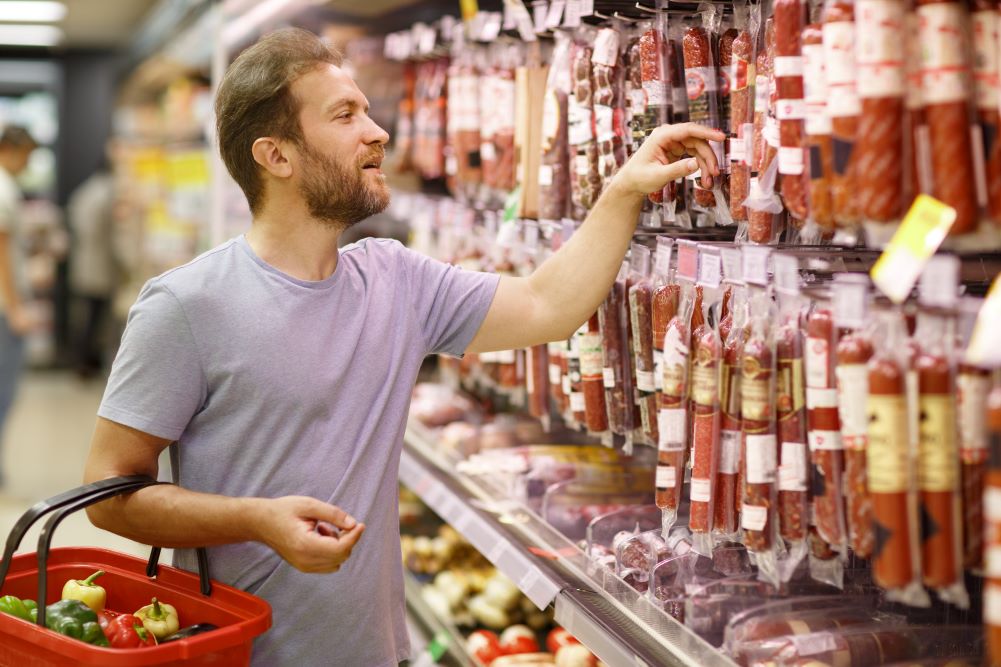
The food and drink industry is gathering evidence on “the scale, nature and urgency” of labour shortages in the haulage sector in the hope of persuading the government to intervene further in the crisis.
An ongoing HGV driver shortage is crippling the food and drink supply chain, while warehouse staff and fresh produce pickers are also in short supply.
Consultancy firm Grant Thornton has been commissioned by the National Farmers’ Union (NFU) and 12 major trade bodies – including the Food & Drink Federation, British Frozen Food Federation and Cold Chain Federation – to compile a report on the impact of the crisis.
This will be presented to government next week, according to the Grocer.
Boycott
The Grocer also reports that hauliers are “boycotting” Lidl due to its inflexibility in the face of the driver shortages. A director of a haulage company said the company “was not listening” to hauliers.
“If you prioritise who you want to do and who you don’t, then Lidl always falls at the bottom of the list,” they said.
Lidl has recently been hit by shortages of fresh vegetables, bread, and toilet roll due to “disruptions to supply chain networks”, said.
Deliveries cut
Other retailers have also seen deliveries cut, including Morrisons, Iceland, Waitrose, and Ocado, as well as smaller retailers like Booths and Spar.
An increase in unaccompanied freight arriving at ports has led to fruit and vegetables being left to rot because drivers are reluctant to travel to the pick-up with an empty lorry as this reduces profitability.
Horticultural suppliers are also suffering as hauliers have largely abandoned flower and plants deliveries in order to prioritise food.
Costs passed back
Supermarkets are passing additional collection costs onto their suppliers, the Grocer reports.
Sainsbury’s and Tesco are among retailers who have informed suppliers of forthcoming price hikes of up to 14% due to driver shortages.
Commenting on the move, Ged Futter, director of consultancy The Retail Mind, said: “These costs are going straight back to the supermarket buyers. If retailers want to put up costs in two weeks that’s fine, but their costs will then go up in two weeks as well”.
NI warning
Supermarket bosses have also written to the government warning of price rises in Northern Ireland because of rule changes under the Northern Ireland Protocol for the movement of goods from Great Britain, reports the BBC.
Six supermarkets – including Tesco, Asda, Sainsbury's, Co-op, Iceland and Marks and Spencer – have sent a joint letter to the UK government and the European Commission to highlight their concerns for when the current extended grace period for chilled meats ends in October.
Helen Dickinson, the chief executive of the British Retail Consortium, said that if no action is taken, then Northern Irish shoppers would have “less choice and higher costs for essential food purchases”.
According to Reuters, some supermarkets are looking to shift supply chains from the UK to Europe because of the problems associated with the Protocol.


